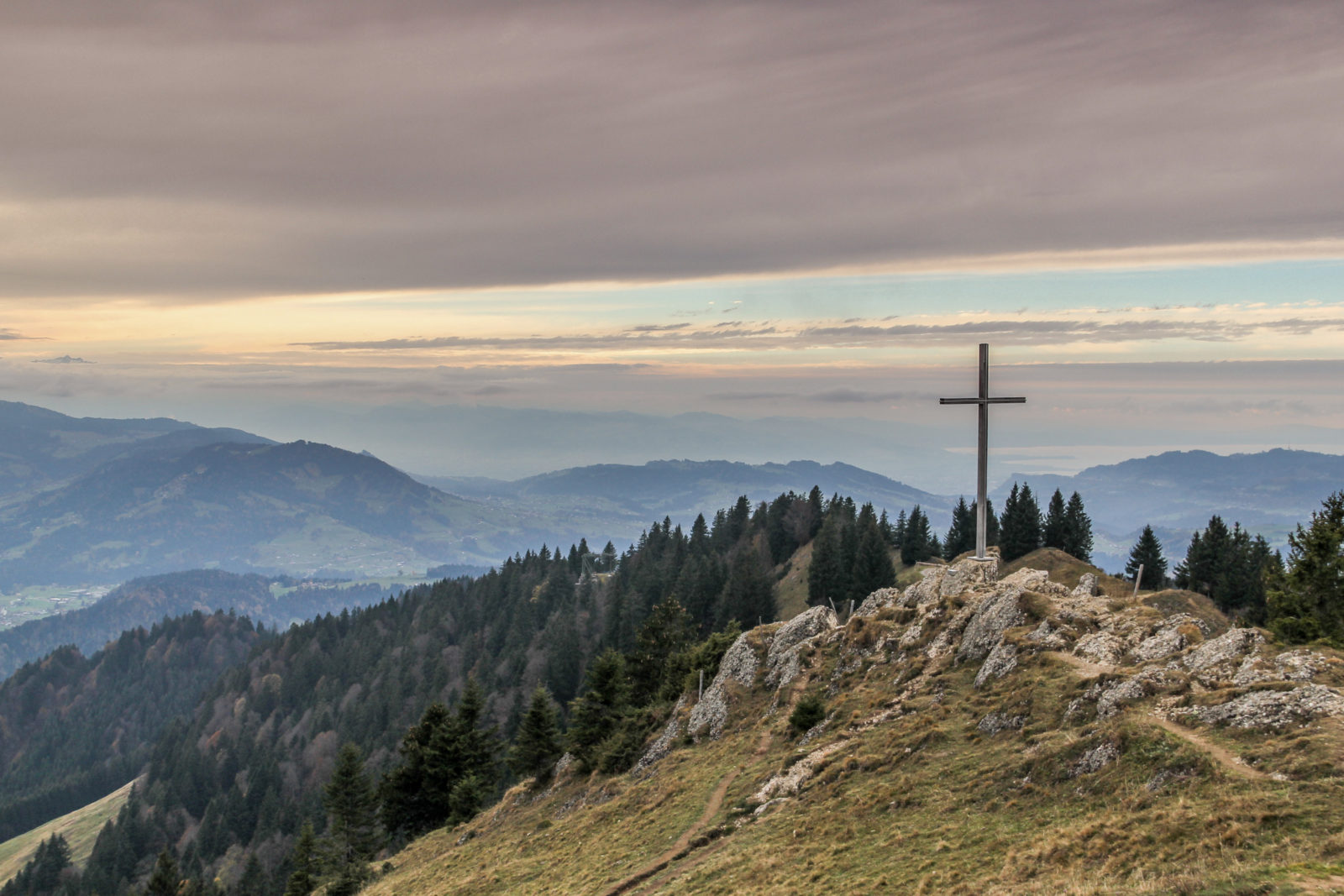It was a bold move when Isaac Watts published (1707) his first collection of Hymns. At that time almost every congregation of the Church of England sang from only The Old Testament Psalms in public worship. But Watts had grown to dislike this, because, he wrote, they were unable to explicitly celebrate in song many of the important aspects of the gospel of Salvation that are so easily and readily found in the New Testament. Within Watts’ Hymnal, ‘Hymns and Spiritual Songs’, under a section titled ‘Prepared for the Holy Ordinance of the Lord’s Supper’, is to be seen the first public printing of the wonderful hymn, ‘When I Survey the Wondrous Cross’. There is actually no ‘special story’ that in any particular way singles it from among the many other hymns and songs that he wrote (some 750 of them). But what makes the hymn so unique, at least to me, is the particular beauty of its poetry and the imagery it forms in the (my) mind, not to mention the power with which it highlights the single most significant event in human and my personal history — the cross of Jesus. Watts’ courage in writing and publishing his hymns would eventually turn the tide against singing only the Psalms (though I could say here that we have since, sorely neglected the singing of the Psalms of David). It could even be said that he set a new standard for Christian worship in the English language (not that this in itself is always a good thing)! Today, Watts is still recognized as the ‘Father of English Hymnody’ though, with the introduction of the plethora of sometimes trivial songs, the older writers and their works of love and gratitude to God are gradually being pushed to the one side. I am glad to say that many, even today, would even go as far as saying that ‘When I Survey the Wondrous Cross’, is the greatest hymn Watts ever wrote. ‘When I survey the wondrous cross, on which the Prince of glory died, My richest gain I count but loss, and pour contempt on all my pride. Forbid it, Lord, that I should boast, save in the death of Christ my God! All the vain things that charm me most, I sacrifice them to His blood. See from His head, His hands, His feet, sorrow and love flow mingled down! Did e’er such love and sorrow meet, or thorns compose so rich a crown? Were the whole realm of nature mine, that were a present far too small; Love so amazing, so divine, demands my soul, my life, my all’. There is another verse that has, for unknown reasons been left out of the hymn as written by Watts and it went as follows. (I believe it was originally just before the last verse of today’s version of it): [His dying crimson, like a robe, spreads o’er His body on the tree; Then I am dead to all the globe, and all the globe is dead to me.] Oh, how true!!

